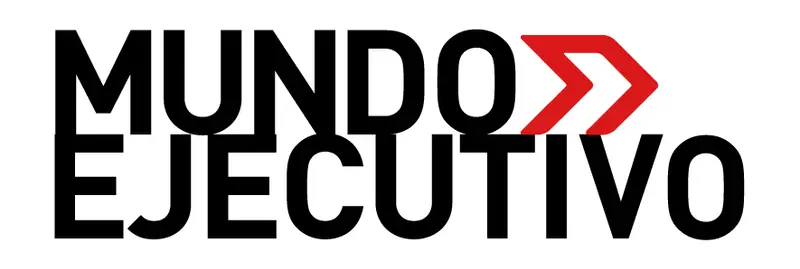Introduction
In the realm of political discourse, few topics ignite as much passion and debate as immigration. Recently, a heated online discussion among supporters of President-elect Donald Trump has exposed significant tensions regarding foreign workers in the tech industry. This internal strife not only highlights the variations in opinion within Trump’s coalition but also raises questions about the direction of immigration policies going forward.
The Genesis of the Debate
The discussion was sparked by right-wing provocateur Laura Loomer, who criticized Trump’s decision to appoint Sriram Krishnan, an advocate for skilled immigration, as an adviser on artificial intelligence policy. Loomer’s assertion that this choice contradicted the America First agenda resonated with many in the far-right segment of Trump’s base who have historically supported strict immigration policies.
The Role of Technology Entrepreneurs
The friction between conservative politicians and wealthy tech entrepreneurs underscores a distinct rift within the Republican Party. Figures like Elon Musk and Vivek Ramaswamy have defended the necessity of foreign talent in the tech sector, arguing that H-1B visas are crucial for filling gaps in the American labor market. Musk, notably, stated that there is a “permanent shortage of excellent engineering talent” in the U.S., underscoring the critical role foreign workers play in driving innovation.
Social Media as a Battleground
The vibrant debate unfolded prominently on the social media platform X (formerly Twitter), owned by Musk. This platform became a battleground for contrasting views, where supporters of Loomer aligned with traditional conservative stances against foreign workers clashed with proponents who see immigration as essential for maintaining the competitive edge of U.S. technology firms.
Trump’s Historical Stance
Throughout his political career, Trump’s rhetoric has largely centered around stringent immigration reform, which played a pivotal role in his electoral victories. His stances have included promises of mass deportation and critical views on visa programs like the H-1B. However, as he positions himself for the presidency once more, the dynamics seem to shift, as he has also articulated a desire to offer automatic green cards to foreign students graduating from U.S. colleges.
A Complicated Road Ahead
The tensions surrounding this debate are indicative of a broader struggle within Trump’s coalition. As he prepares to assume office, the question remains: how will Trump reconcile the differing values and interests within his base? The outcome of this internal conflict may well set the tone for his administration’s approach to immigration, particularly in the tech sector.
Conclusion
As the discussions surrounding immigration and the tech industry continue to unfold, they serve as a poignant reminder of the complexities that define contemporary political coalitions. The rift between traditional conservatives and the new wave of tech believers encapsulates a larger trend in which economic necessity often collides with ideological beliefs. Moving forward, it will be crucial to observe how these dynamics influence policy and, ultimately, the fabric of American technology.

